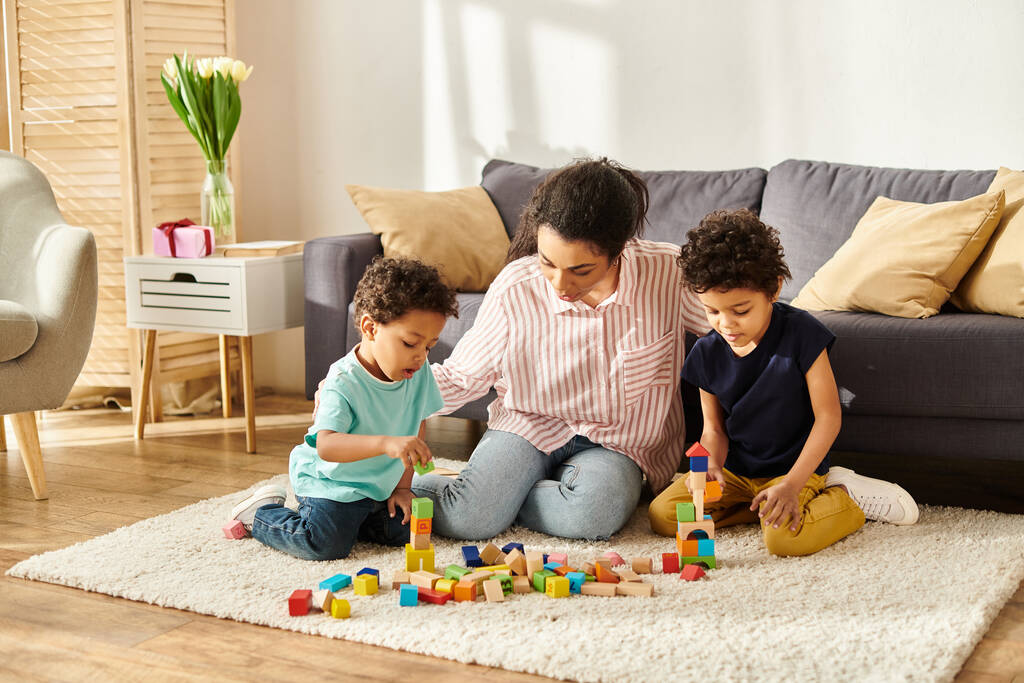Blog
Building Support Networks When Family Structures Change

Family changes often shape where people look for help and support. When divorce or other major shifts occur it is natural to feel worried, sad or uncertain about the future. These emotions are a normal reaction to change and during such times social connections become especially important.
Managing these challenges alone can feel overwhelming. Having people who listen, share advice or offer practical help makes the journey easier. Support networks provide reassurance, suggest options and bring comfort when life feels heavy. Building new networks during family transitions involves seeking support from both trusted individuals and professional services.
- Some families talk to lawyers, counsellors, or other experts. These helpers can answer questions and explain the steps ahead in simple ways.
- Having good support helps people feel less alone and gives them real steps they can take when their situation feels confusing or tough.
The Emotional Impact of Family Structure Changes

Family transitions like divorce or separation can trigger intense emotions. Many individuals experience grief, anger, relief and anxiety, sometimes simultaneously. These emotional responses are normal parts of adapting to major life changes. Noticing these feelings is the first step toward healing.
- The psychological process through family restructuring often follows patterns that people find familiar. Initially and many people experience shock or denial followed by anger or bargaining.
- Later comes a period of sadness before eventual acceptance. Each person moves through these stages at their own pace. There is no correct timeline for healing.
Identifying Your Core Support Needs During Transition
Family transitions create different types of needs. Practical support includes help with childcare, housing arrangements and financial planning. Emotional support involves having people who listen without judgment and validate feelings. Most individuals require both types of support at various stages of their transition.
- The balance of support needed often shifts as the transition progresses. Early stages might require more emotional support and crisis management.
- Later stages typically focus on practical rebuilding and establishing new routines. Noticing these changing needs helps in seeking appropriate resources at the right time.
- Practical support may involve childcare, housing or financial planning.
- Emotional support includes empathetic listening reassurance and non judgmental conversations.
Building a Diverse Support Network Beyond Family
Professional resources for family transitions extend beyond divorce solicitors UK. Family therapists help people adjust to new family structures. Financial advisers can assist with budgeting for single income households. Career counsellors help those reentering the workforce after focusing on family responsibilities. For those seeking legal guidance, compassionate UK divorce lawyers can provide tailored advice and connect clients with further support services.
Community and Peer Support
Community organizations and support groups provide reliable spaces for sharing experiences. Religious institutions, charities and local groups often offer counselling, spiritual guidance and practical assistance.
Finding others in similar situations helps build understanding and reduces isolation. Peer groups whether in person or online create meaningful connections that well-intentioned friends may not always provide.
Digital Support
Digital resources further expand support networks. Reputable websites such as Mind, Relate or NHS Every Mind Matters provide evidence base guidance. Parenting apps can help with co parenting schedules, while meditation apps assist with stress management. Using a combination of professional, community and digital resources can create a well-rounded support system.
Specialized Support for Children During Family Changes

Children need age appropriate resources during family transitions. Young children benefit from picture books about family changes and consistent routines. Older children may find support through school counsellors or peer groups. Teenagers often appreciate having trusted adults outside the immediate family to talk with.
- Younger children benefit from picture books and consistent routines.
- Older children may gain support from school counsellors or peer groups.
- Teenagers often appreciate trusted adults outside the immediate family.
- In some cases, more structured interventions are necessary, such as programs that offer more than boot camp for troubled teens, delivering in-depth care and guidance to help them address emotional and behavioral challenges. Such programs combine therapeutic support with structured activities, offering a more holistic approach to helping teens navigate difficult transitions.
- Creating consistency across changing family structures helps children adjust. Coordinated parenting approaches, similar household rules and predictable transitions between homes provide security.
- When parents cannot communicate effectively, professional mediators or co parenting counsellors can help create these arrangements for the children’s benefit.
Creating Boundaries Within New Support Systems
Healthy information sharing limits protect everyone involved in family transitions. Not every detail needs sharing with every support person. Consider what information serves a purpose in each relationship. This thoughtful approach prevents oversharing that might later cause regret.
- Managing advice: Well meant suggestions can sometimes cause stress. Phrases like I will consider that allow polite acknowledgement without obligation.
- Privacy: Share personal details selectively depending on trust and context.
- Clarity: Specific requests, such as Could you pick up the children on Tuesday? are more effective than general complaints.
Maintaining Long Term Support After Initial Transitions
Moving from crisis support to ongoing networks requires intentional changes. As immediate needs resolve, relationships may change from intensive support to more balanced interactions. This change creates sustainable connections rather than dependency relationships that eventually diminish.
- Sustainability: Avoid dependency by developing independence through skills such as budgeting, decision-making and new hobbies.
- Mutuality: Supportive relationships should involve giving as well as receiving through gratitude, shared resources or offering emotional support in return.
- Regular review: Reassessing networks ensures they remain useful as life circumstances change.
Conclusion
Building support networks after a change in family structure is ongoing and grows alongside each new stage of life. Seeking trustworthy professional guidance forms an important starting point, but continued growth happens when individuals also create personal ties that bring comfort and stability. Seeing when extra help is needed, checking the support system as circumstances evolve, and remaining open to new connections are steps that encourage strength over time. This way, families and individuals can better meet daily challenges, maintain emotional health, and find new opportunities as they adjust to change.
